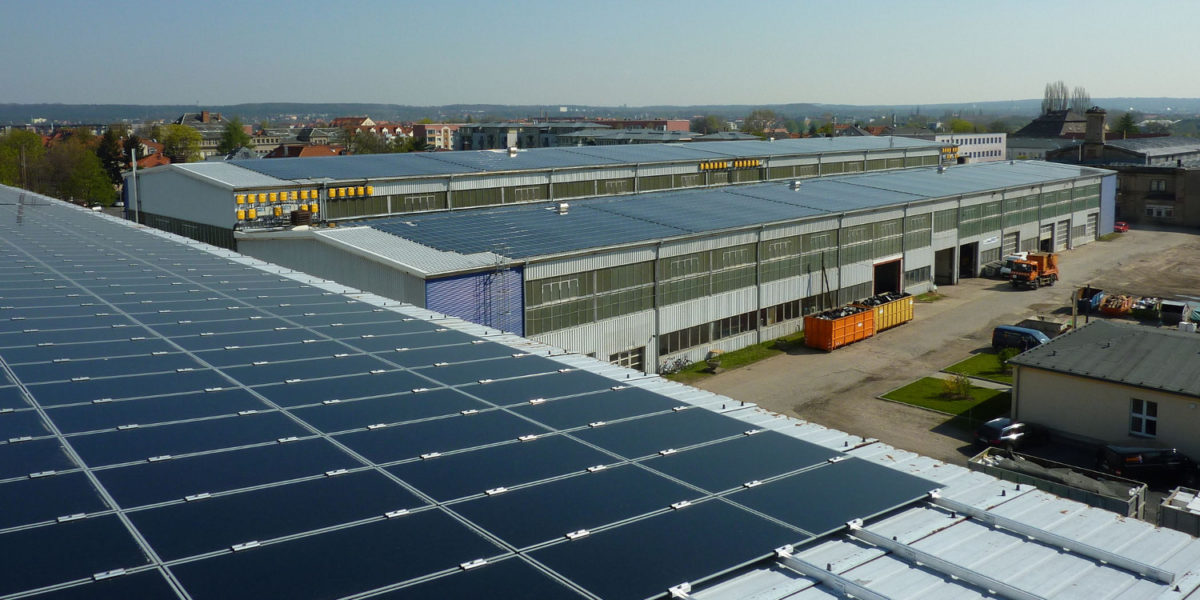Following the heads of Germany's CDU, CSU and SPD parties – who form a governing coalition – agreeing to expand renewable energy generation, a related draft bill by the Federal Ministry of Economics has been made public.
The proposed bill includes planned changes in Germany’s renewable energy law – the EEG – and much more, including a 20% FIT cut for rooftop PV systems of 40-750 kW in scale, a segment that was decisive for this year’s strong growth in renewables. If confirmed, the FIT reduction would come into force from January 1.
The proposal has surprised the industry as it targets the segment largely responsible for Germany having hit its 2.5 GW annual new renewable capacity target for the first time in five years this year.
“Prices for photovoltaic modules and photovoltaic systems have dropped sharply in recent months,” said the German government, in a document supporting the proposed FIT cut. “[The] reasons for the drop in prices are persistent oversupply in the world market, and the expiry of the EU anti-dumping and anti-subsidy tariffs on Chinese photovoltaic modules. This has led to an oversupply situation for larger photovoltaic rooftop systems.”
Half the new solar capacity will be hit
The FIT for commercial and industrial PV installations up to 750 kW in size was €0.1068/kWh last month. The proposed reduction would reduce that to €0.0833/kWh from January 1.
“This announcement has been made and, as a result, the over-subsidy is to be corrected by January 1, 2019, by adjusting the value to be applied for … solar [systems] up to and including an installed capacity of 750 kW,” adds the supporting document to the bill. “This value was 10.68 cents per kilowatt-hour in October 2018. The value is lowered to the level of the ground-mounted systems. This value will be set at 8.33 cents per kilowatt-hour on January 1, 2019.”
According to German solar association the BSW, around half the annual newly installed PV capacity will be affected by the proposed reduction.
Existing mechanism already regulates FIT price
“A modest adjustment of the solar power remuneration for new plants would have, in the next few months, [been provided] by the [section] 49 EEG degressive mechanism … itself. The amount of the [newly] planned cuts is incomprehensible,” said the association.
The BSW has urged the government to significantly increase solar targets.
“Germany will only be able to achieve its climate protection goals and avoid penalties for excessive CO2 emissions if the federal government significantly increases its photovoltaic expansion, not only for ground-mounted projects but also for rooftop PV,” the association added.
UK Energy Minister Claire Perry took a swipe at the German government on Wednesday, accusing it of preaching about the need to stop using coal and nuclear while still utilizing both power sources.
This content is protected by copyright and may not be reused. If you want to cooperate with us and would like to reuse some of our content, please contact: editors@pv-magazine.com.




It is nice to see that people in industry are catching on to the power of solar energy